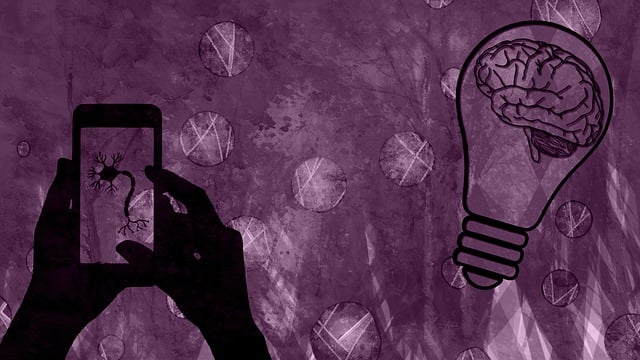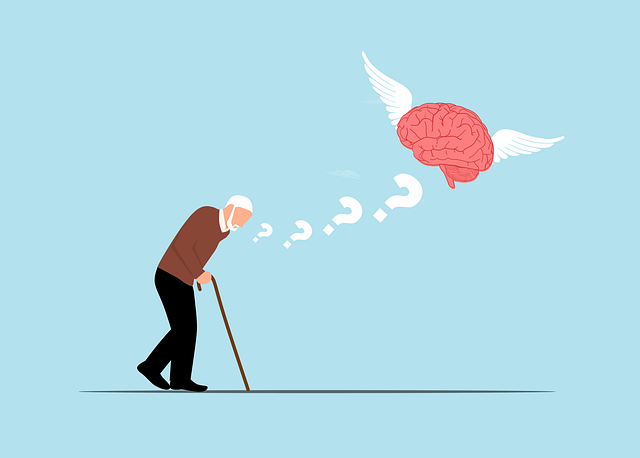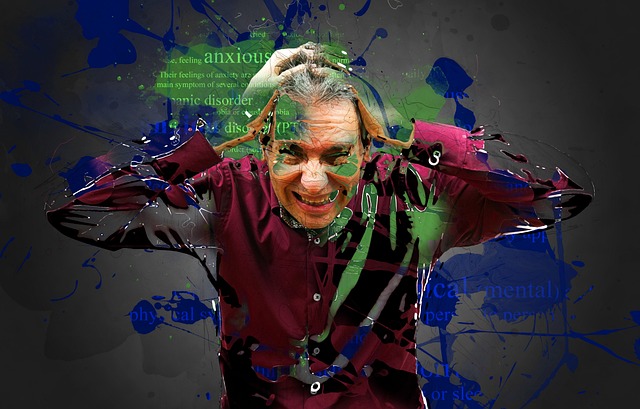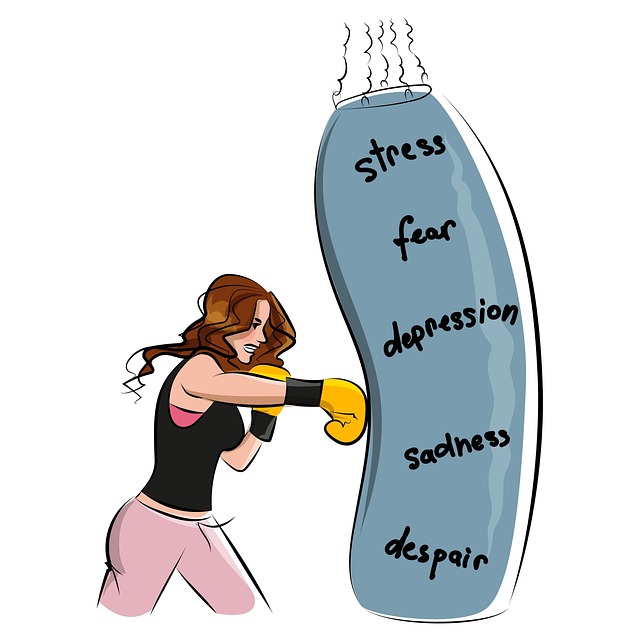Mental illness diagnosis in young adults involves a comprehensive assessment by healthcare professionals using standardized tools. Eye Movement Desensitization and Reprocessing (EMDR) therapy, proven effective for post-traumatic stress disorder (PTSD), combines eye movements with memory recall to process traumatic memories and reduce negative emotions. This approach, coupled with cognitive-behavioral therapy (CBT), mindfulness interventions, and peer support groups, fosters emotional healing, resilience, and improved mental health in young adults.
Mental illness diagnosis and treatment navigation can be complex, but support is available. This comprehensive guide delves into the intricate process of understanding mental health conditions, with a focus on EMDR therapy as a powerful tool for young adults.
From navigating treatment options to building supportive networks, we explore strategies for effective recovery. We also share inspiring success stories, highlighting the impact of guided support in overcoming challenges. Discover how these resources can empower individuals on their journey towards mental wellness and consider EMDR as a potential game-changer for young adults seeking therapy.
- Understanding Mental Illness Diagnosis: Unveiling the Process
- The Role of EMDR Therapy in Treating Young Adults
- Navigating Treatment Options: A Comprehensive Guide
- Building a Supportive Network for Effective Recovery
- Success Stories: Overcoming Challenges with Guided Support
Understanding Mental Illness Diagnosis: Unveiling the Process

Mental illness diagnosis involves a complex process that requires professional expertise and a comprehensive understanding of an individual’s symptoms and history. It often begins with a thorough assessment by a qualified healthcare provider, who may include psychiatrists, psychologists, or licensed therapists. This initial evaluation encompasses a detailed review of the patient’s medical history, personal experiences, family dynamics, and current mental health symptoms. Standardized questionnaires, interviews, and behavioral observations are employed to gather this information.
The assessment stage is pivotal in differentiating between various mental health conditions, as many share similar manifestations. Through this process, professionals gain insights into the unique challenges faced by the individual. Once a diagnosis is made, tailored treatment plans can be devised. For young adults seeking therapy, Eye Movement Desensitization and Reprocessing (EMDR) has proven effective for conditions like post-traumatic stress disorder (PTSD). Moreover, confidence-boosting strategies and empathy-building techniques within therapy sessions contribute to the emotional healing processes, empowering individuals to navigate their mental health journeys with resilience.
The Role of EMDR Therapy in Treating Young Adults

EMDR (Eye Movement Desensitization and Reprocessing) therapy has emerged as a powerful tool in treating mental health issues among young adults. This therapeutic approach is particularly effective for those struggling with trauma-related disorders, such as post-traumatic stress disorder (PTSD). By combining eye movements or other bilateral stimulation techniques with guided memory recall, EMDR helps individuals process and resolve distressing memories, reducing the intensity of associated emotions and negative beliefs.
For young adults, EMDR offers a unique opportunity to enhance self-awareness exercises and emotional well-being promotion techniques. Through this therapy, they can learn to manage their symptoms more effectively while developing empathy building strategies that foster healthier relationships. By addressing past traumatic experiences, EMDR enables young adults to regain a sense of control over their lives, paving the way for improved mental health and overall resilience.
Navigating Treatment Options: A Comprehensive Guide

Navigating treatment options for mental illness can be overwhelming, especially for young adults seeking therapy. With various approaches available, understanding your choices is essential for effective healing. One promising technique gaining recognition is Eye Movement Desensitization and Reprocessing (EMDR). EMDR combines elements of exposure therapy with guided eye movements to help individuals process traumatic memories and reduce the intensity of associated emotions. This approach has shown remarkable success in treating post-traumatic stress disorder (PTSD) and can be adapted for other mental health concerns.
For young adults, therapy often involves a holistic approach that addresses not just symptoms but also underlying causes. Along with EMDR, exploring evidence-based treatments such as cognitive-behavioral therapy (CBT) and mindfulness-based interventions can significantly improve mental wellness. Additionally, engaging in stress management workshops offered by organizations dedicated to mental health promotion empowers individuals with tools for self-care. Building confidence through these initiatives is a crucial step towards fostering resilience and managing mental health effectively.
Building a Supportive Network for Effective Recovery

Building a supportive network is an integral part of navigating mental illness and fostering effective recovery for young adults. This can involve reaching out to friends and family who can offer emotional support, encouragement, and understanding throughout the journey. Many individuals find solace in joining peer support groups where they can connect with others facing similar challenges, share experiences, and gain valuable insights. These networks create a sense of belonging and provide a safe space for vulnerability and open communication.
Therapy, such as Eye Movement Desensitization and Reprocessing (EMDR), plays a pivotal role in recovery. EMDR therapy is an evidence-based approach that helps individuals process traumatic memories and reduce the intensity of associated emotions. By combining this with resilience-building activities and coping skills development through mental health education programs, young adults can enhance their ability to manage symptoms and lead fulfilling lives. This comprehensive approach ensures a multi-faceted support system for optimal healing and personal growth.
Success Stories: Overcoming Challenges with Guided Support

Many individuals struggling with mental illness often feel overwhelmed and alone, but success stories prove that with guided support, challenges can be overcome. One such example is young adults turning to therapy, specifically EMDR (Eye Movement Desensitization and Reprocessing), as a powerful tool for healing. This evidence-based approach helps them process traumatic memories and manage symptoms associated with conditions like depression, anxiety, and PTSD.
Guided by compassionate therapists, these young adults are empowered to navigate their mental health journeys. The therapist’s cultural sensitivity in mental healthcare practice ensures they feel understood and supported, fostering a safe space for open communication. By combining EMDR therapy with the mind over matter principle of self-belief, individuals achieve remarkable progress. This personalized approach to mental wellness not only addresses symptoms but also builds resilience, allowing them to thrive and lead fulfilling lives.
Mental illness diagnosis and treatment can be complex, but with the right navigation assistance, young adults can overcome challenges. This article has explored key aspects of mental health care, including understanding diagnosis, the effectiveness of EMDR therapy for young adults, navigating treatment options, building supportive networks, and celebrating success stories. By utilizing comprehensive guides and guided support, individuals can access the resources they need to achieve effective recovery and thrive. For those seeking therapy for young adults, EMDR has proven to be a valuable tool in addressing mental health concerns.









